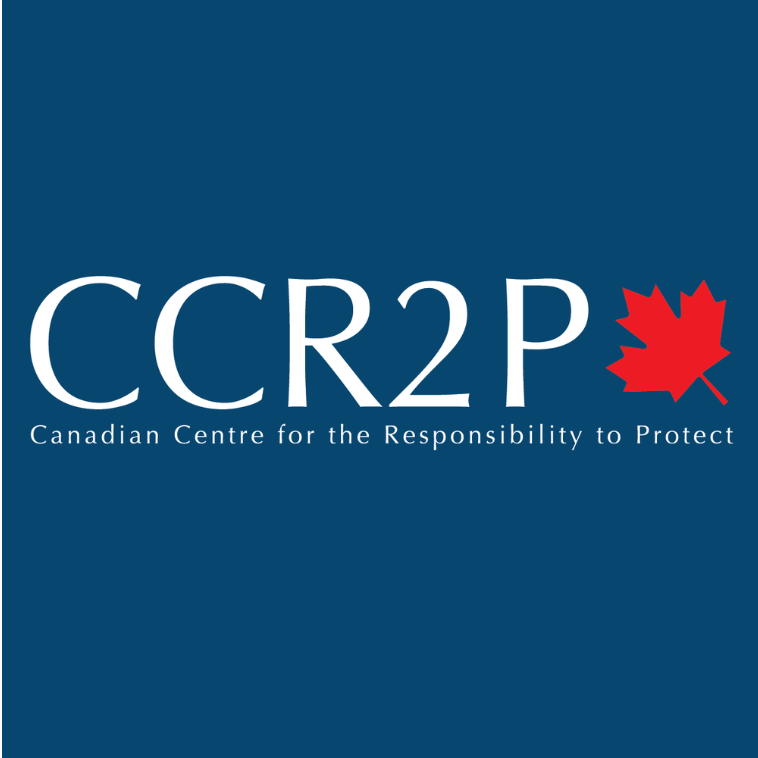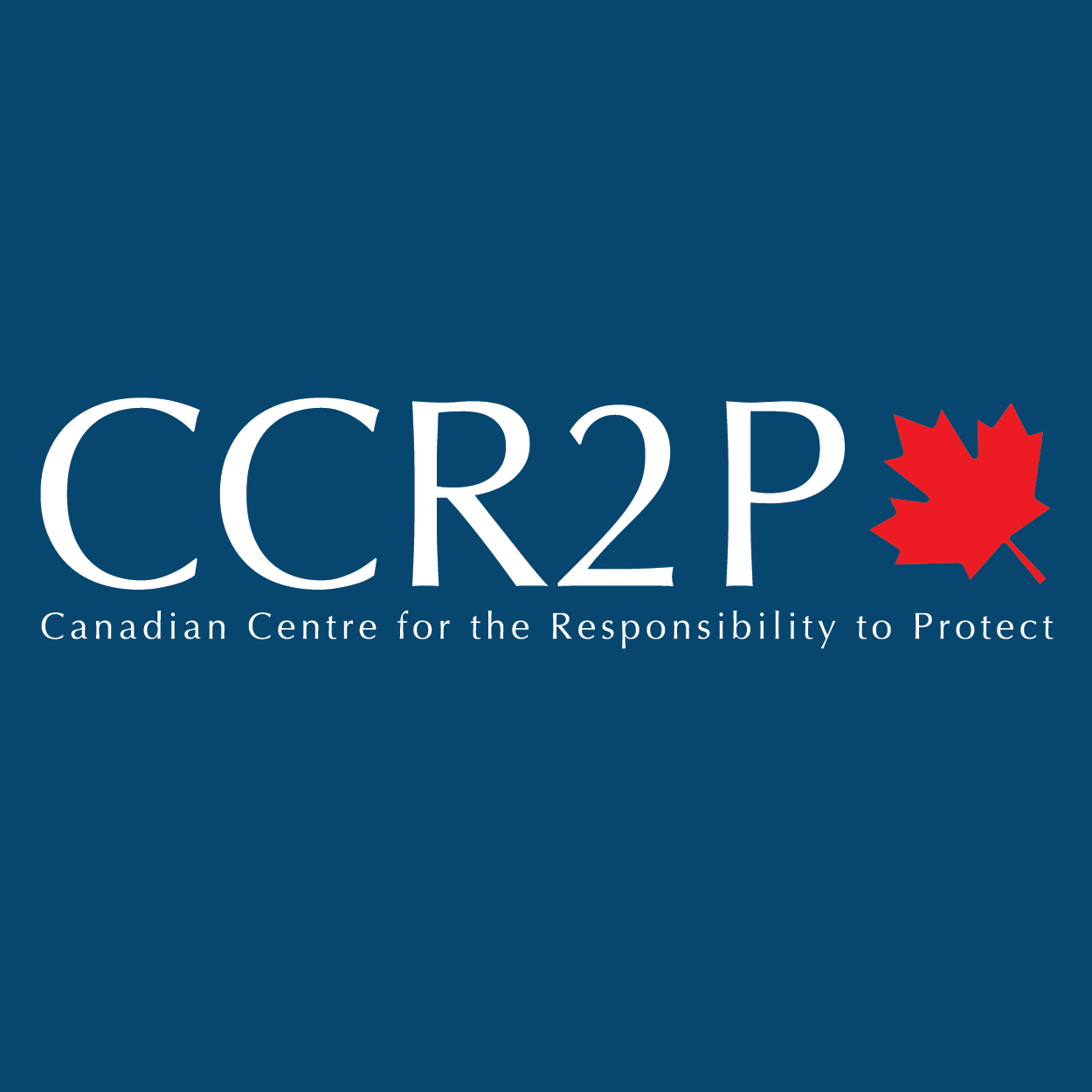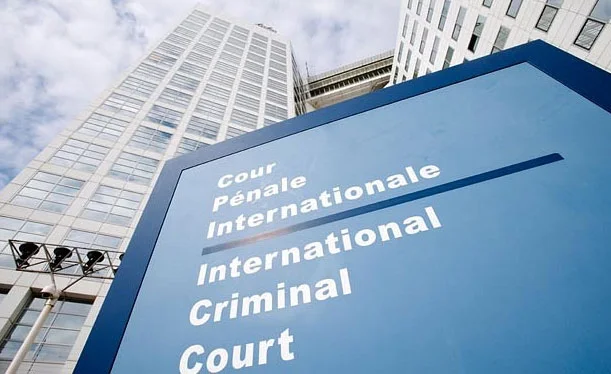
Releases
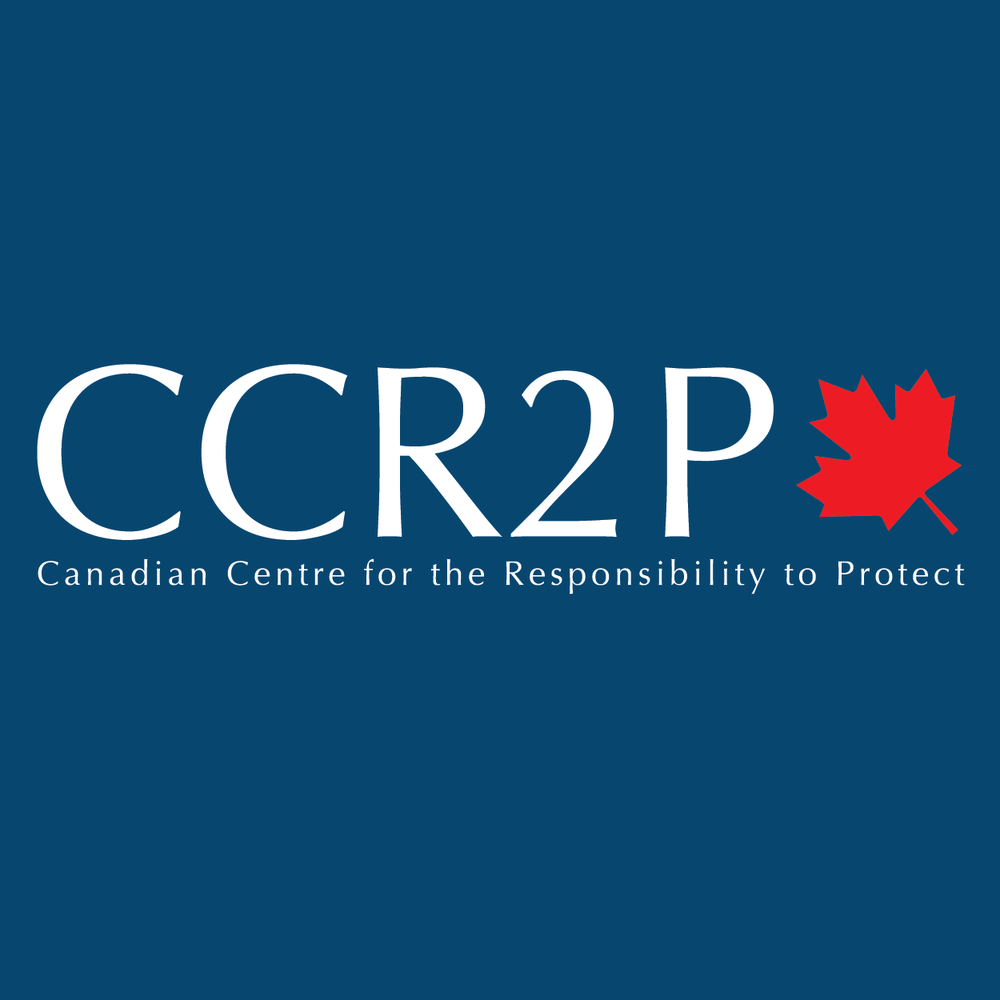
Click here to download this edition of the R2P Dispatch!
Click here to download this edition of the R2P Dispatch!
Click here to download this edition of the R2P Dispatch!
Click here to download this edition of the R2P Dispatch!
Click here to download this edition of the R2P Dispatch!


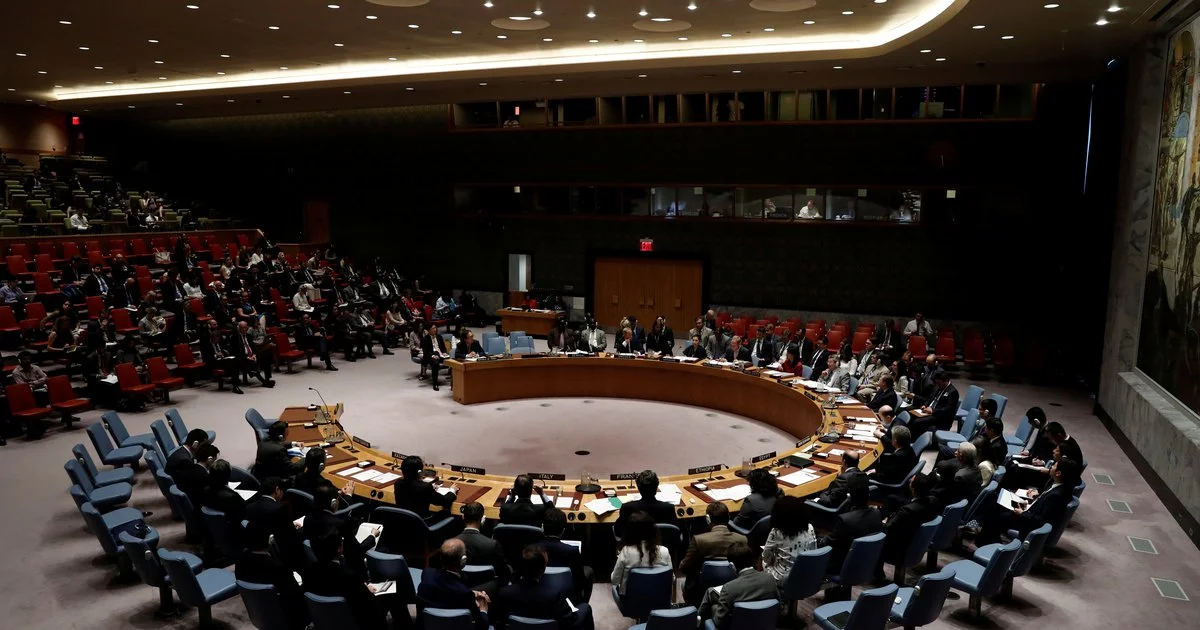
Image Source: "The United Nations Security Council meets to discuss the recent ballistic missile launch by North Korea at U.N. headquarters in New York, U.S., July 5, 2017. REUTERS/Mike Segar"
We at the CCR2P are proud to announce the launch of our Canada150 campaign, entitled: "The Past, Present and Future of Canada's Commitment to Global Humanitarianism"
For further reading, download the official campaign overview here:
To full view media advisory, click here
TORONTO, ON – On Wednesday, Russian President Vladimir Putin withdrew Russia’s signature from the Rome Statute, the treaty that established the International Criminal Court (ICC) in 2002. The ICC is tasked with prosecuting the worst type of crimes, including war crimes,
genocide, and crimes against humanity.
“As an embodiment of legal accountability, the ICC is a strong deterrent that is crucial to the prevention of genocide, ethnic cleansing, war crimes, and crimes against humanity,” said Tina Park, Executive Director of the Canadian Centre for the Responsibility to Protect (CCR2P).
“The Russian decision to withdraw from the Rome Statute is a symbolic one, as the treaty had not been ratified by the Russian Government. We are nonetheless concerned by Russia’s growing disinterest in cooperating with the international efforts to protect human rights.”
“CCR2P calls on governments around the world to reaffirm their commitments to the ICC. We must continue to hold accountable those who perpetrate genocide, ethnic cleansing, war crimes, and crimes against humanity. We owe it to the world’s most vulnerable as part of our
Responsibility to Protect.
Thumbnail image sourced from: http://www.worldbulletin.net/world/180271/russia-withdraws-signature-from-icc-founding-statute
The Canadian Centre for the Responsibility to Protect wholeheartedly welcomes the statement made by Prime Minister Justin Trudeau today regarding the United Nations General Assembly plenary meeting on Syria.
In his statement, Prime Minister Trudeau invoked the Responsibility to Protect: “I encourage other countries to help generate forward momentum on Syria, given UN members have a collective responsibility to protect the world’s vulnerable and weak when others cannot or will not.”
The Canadian Centre for R2P applauds Prime Minister Trudeau’s leadership in re-claiming R2P and Canada’s proud tradition in championing global humanitarianism.
Moving forward, we urge the Canadian government to take concrete steps to operationalize R2P in light of the on-going crisis in Syria, by appointing a National R2P focal point, expanding our humanitarian aid programme, and serving as a vocal advocate of responsibility to protect on the international stage.
(Photo sourced from CBC News)





In the debate about how Canada should respond to the crisis, Canadians should consider how the Responsibility to Protect (R2P) principle unanimously adopted by the UN in 2005 applies to the refugee crisis.
Under the R2P principle, Canada and other UN member-states accepted a responsibility to protect their own populations from the four mass atrocity crimes. Canada and other states also accepted a responsibility to assist states in fulfilling this responsibility and to take timely and decisive action if a state is unwilling and unable to protect its own people.

Last week at the UN headquarters in New York, the General Assembly’s annual forum on the Responsibility to Protect took place. The “informal and interactive dialogue” focused on the UN Secretary-General’s latest R2P report, entitled “A Vital and Enduring commitment: Implementing the Responsibility to Protect.” Sixty-nine member states and the European Union delivered statements on behalf of 91 states. The Canadian Centre for the Responsibility to Protect, based at the Munk School of Global Affairs of the University of Toronto, was one of the four civil society groups to speak at the dialogue.
The full report (PDF) can be downloaded here.
The full report (PDF) can be downloaded here.
The full report (PDF) can be downloaded here.
Abstract: This paper proposes a “Responsibility to Prevent (R2PT) Scale” to benchmark commitment to preventing genocide, war crimes, crimes against humanity, and ethnic cleansing.
The full report (PDF) can be downloaded here.

One Earth Foundation: R2P & Private Sector
On June 23, 2014 at the Council on Foreign Relations office in Washington, D.C., Ms. Tina J. Park, Executive Director of the Canadian Centre for R2P, presented on a panel discussion on the role of the private sector in Kenya in preventing election-related violence, based on the One Earth Foundation’s newly released report. Ms. Park’s presentation remarks focused on the relevance of private sector in advancing R2P’s three-pillar approach. For more information on the event, please click here.
Ms. Park and Mr. Victor MacDiarmid, Co-Founder & Managing Director of the CCR2P, will be participating in the forthcoming book by the One Earth Foundation on the role of private sector in implementing R2P. The OEF convened a workshop at the U.S. Institute of Peace on June 24th with the participating authors.
In The Media

On February 27th, Advisory Board Member Naomi Kikoler spoke on TVO’s The Agenda with Steve Paikin. The video can be accessed here.
